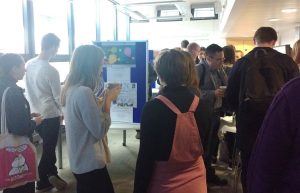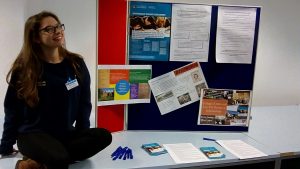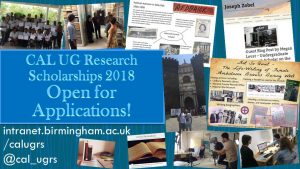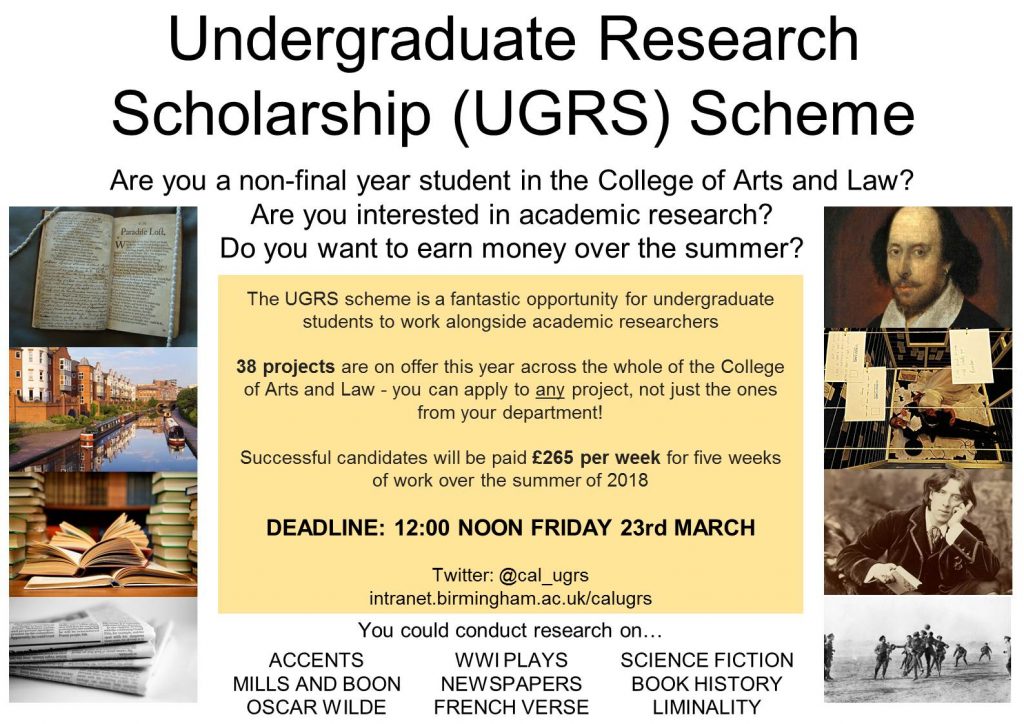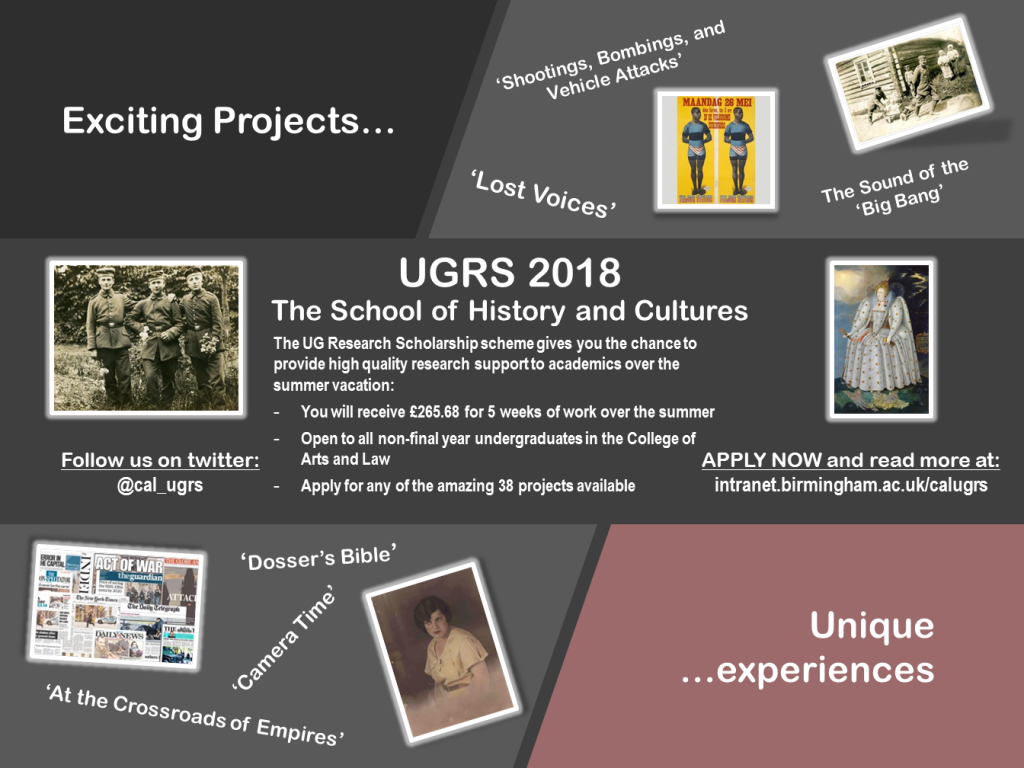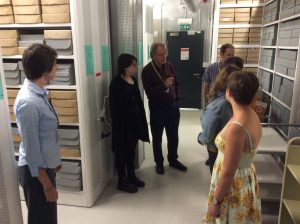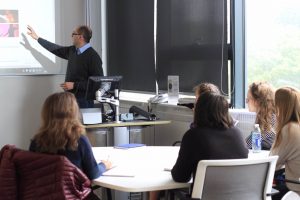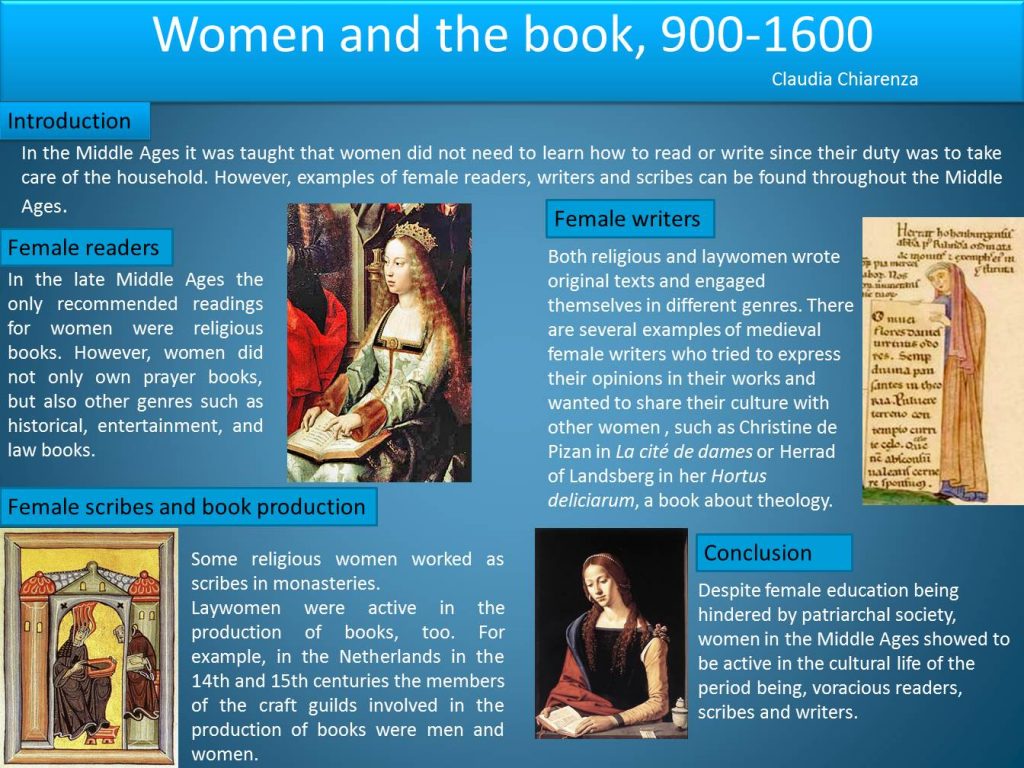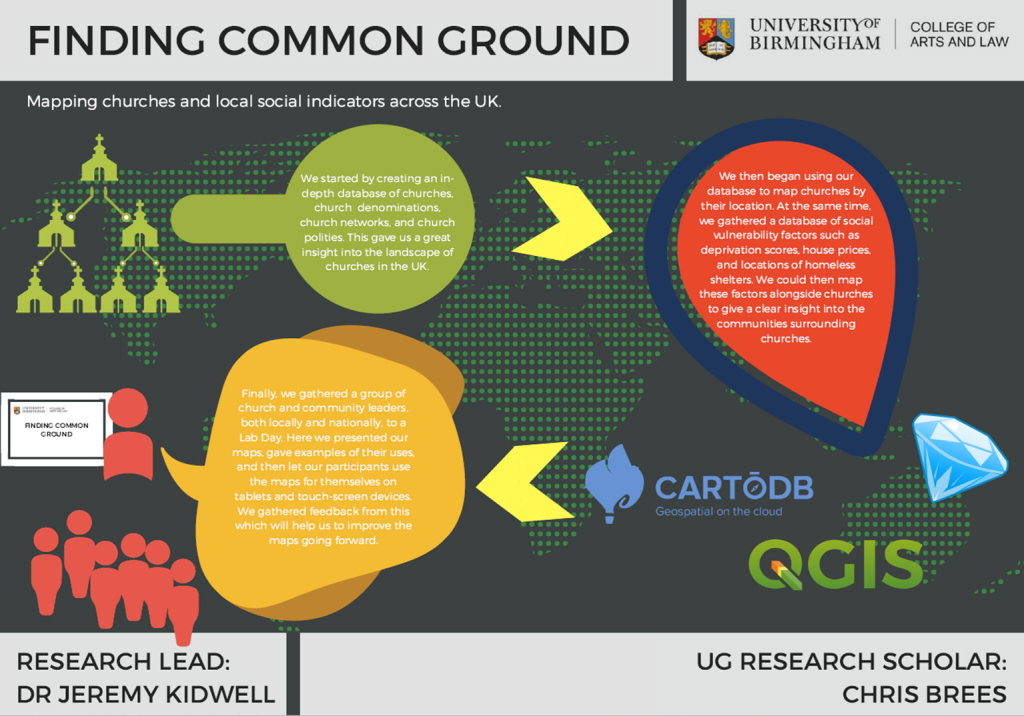Each year, our academic staff come up with a range of fantastic 5-week projects that help our talented Undergraduates develop as researchers in their own right. I’m fortunate to help manage this scheme, working with Rachel Canty and a team of UGRS Ambassadors (previous student scholars) to encourage non-final year students to apply, and to make sure our successful scholars get the most out of their time researching over the summer.
CAL UGRS 2018 will be bigger than ever, with a massive 38 different projects on offer (compared to 32 in 2017). I’m always impressed by the scope of the research projects and 2018 is no different – chronologically, the projects take us from the ninth century CE right up to the present day, and there are so many different subjects represented, including English and World Literature, Linguistics, Law, Drama, Archaeology, Music, History, and more.
Over the years we’ve made lots of changes and enhancements to the scheme. The biggest change for 2018 is that non-final year Undergraduates in the College of Arts and Law can apply to any project, not just the ones running in their department or school. This is a real strength as so many of the projects are multi-disciplinary. So, for example, students studying German can now apply to a project running in the Department of African Studies and Anthropology exploring the records of a German embassy in West Africa; students in History or French Studies can apply to the Department of English Literature’s ‘French Verse in Renaissance Britain’; and Philosophy students can apply for Law’s ‘Suspect Communities in Birmingham’ project. If you’re considering applying, make sure you look at the project details closely and particularly the skills required by the Scholarship holder.
We’ve also improved the support and opportunities available to our successful students. We’ve made a dedicated Canvas site to hold lots of useful information and advice, and we run events over the summer covering different skills they might need to develop (e.g. dealing with copyright and using archives), as well as how to use their experiences in future applications.
As the scheme has grown, we’ve encouraged our student scholars to showcase their research, in the form of blog posts (make sure you have a look!), reflective reports, and posters. These are displayed at our end-of-scheme celebration in September, and as well as publicising the scheme they provide another tangible legacy of our students’ hard work.
Another change over the years is in the number of applications from students wanting to work on the projects, from a handful (we only ran 3 projects in 2011!) to nearly 240 in 2017. This does mean the process is competitive, so if you’re applying make it clear why you’ve chosen that project and why you’re the best person to do it – think about your studies so far, any work experience (paid or unpaid), and your skills. Make sure you take a good look at all the details on the project and tailor your application to it!
The deadline for student applications is noon on Friday 23 March – the full details of all the available projects are on our website. If you have any queries please check out our frequently asked questions and also feel free to contact me on j.l.palmer@bham.ac.uk. Finally, to our future scholars, I look forward to working with you!
